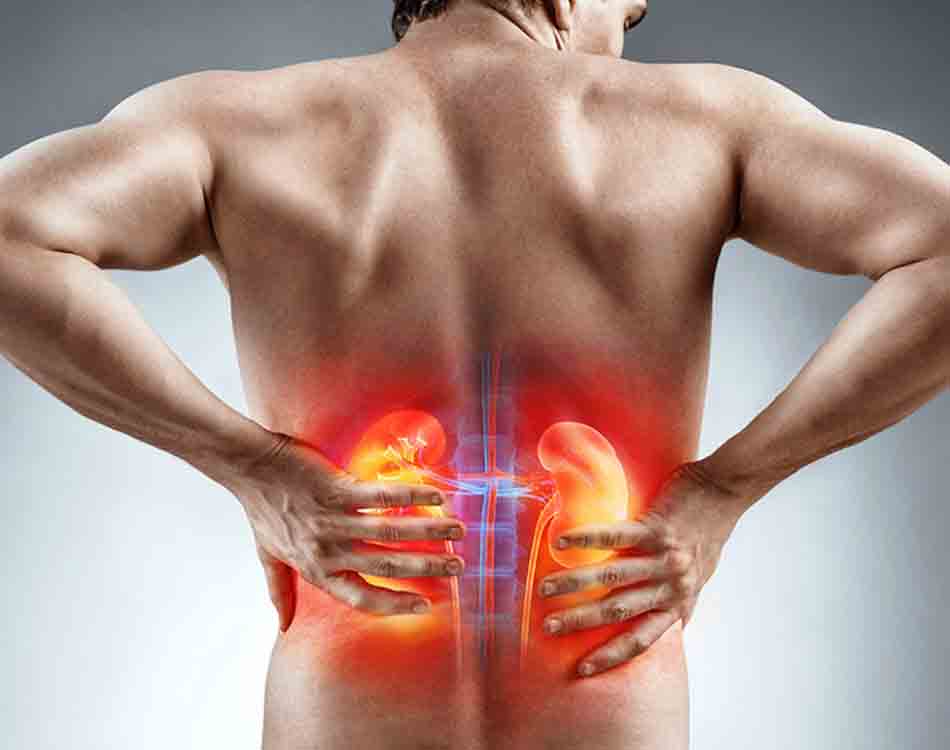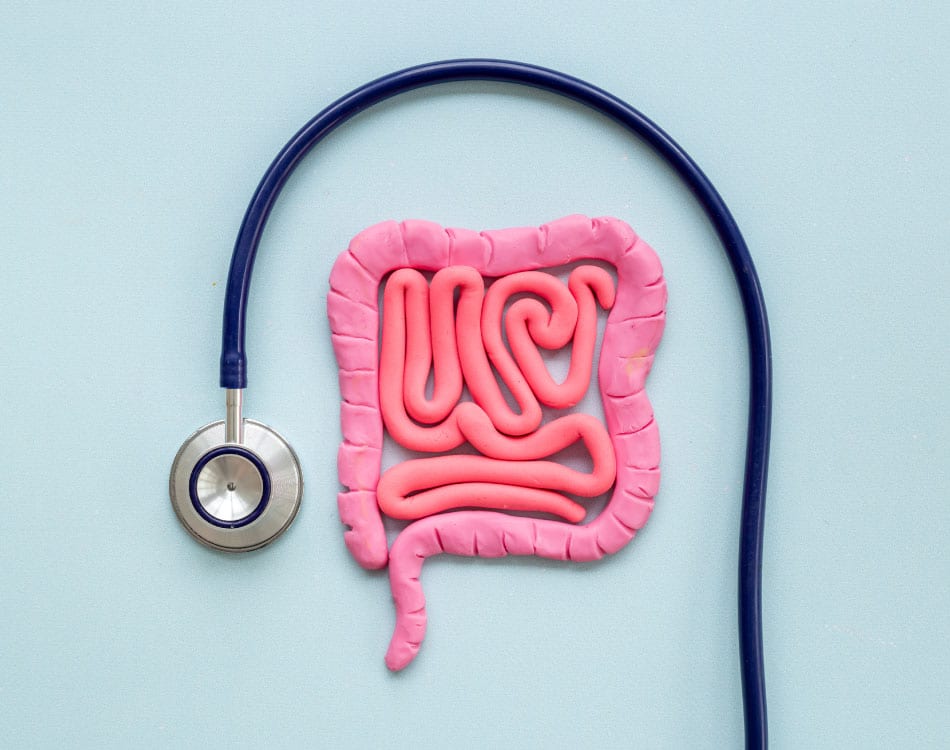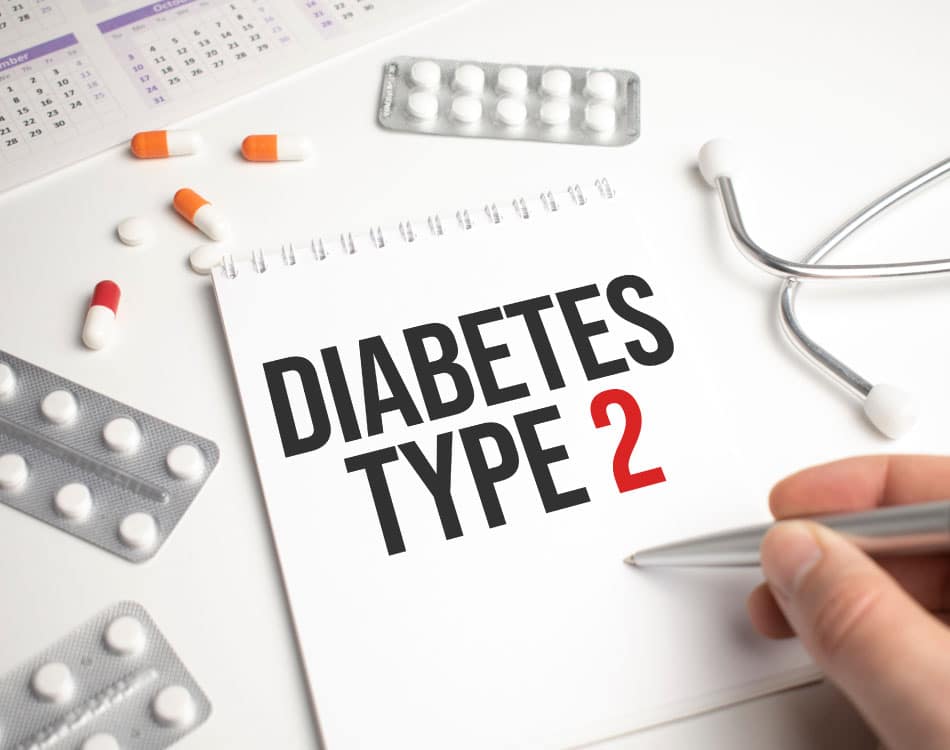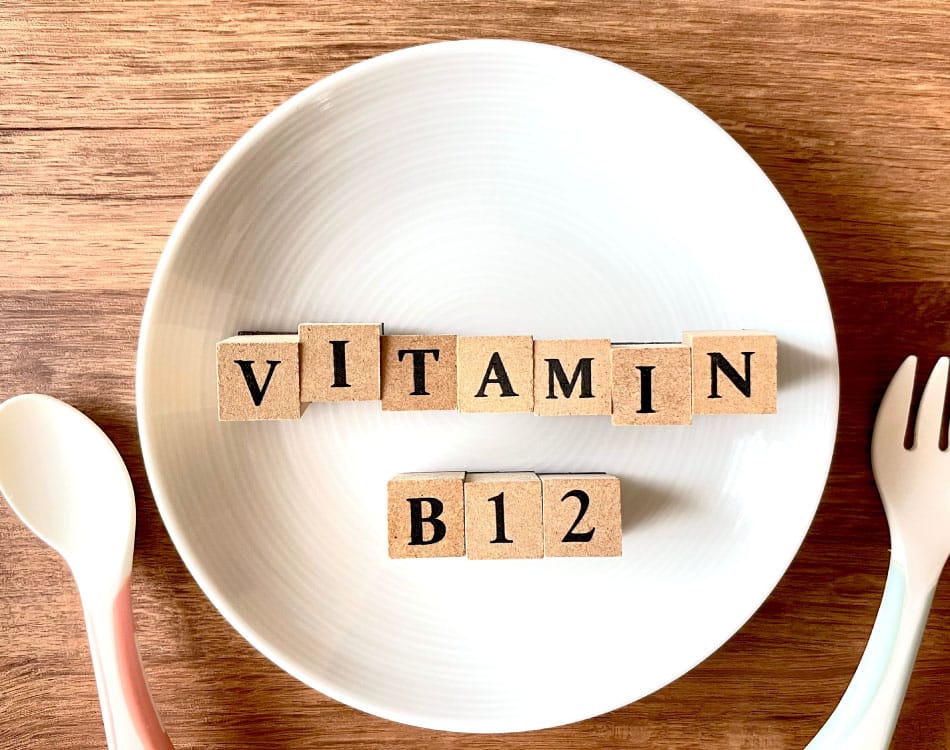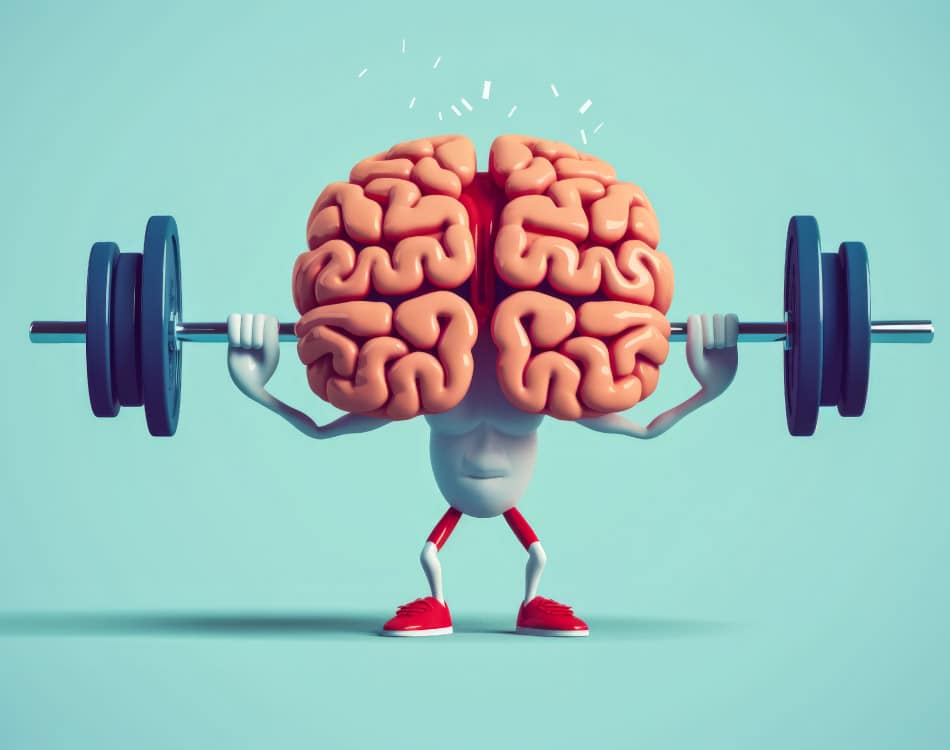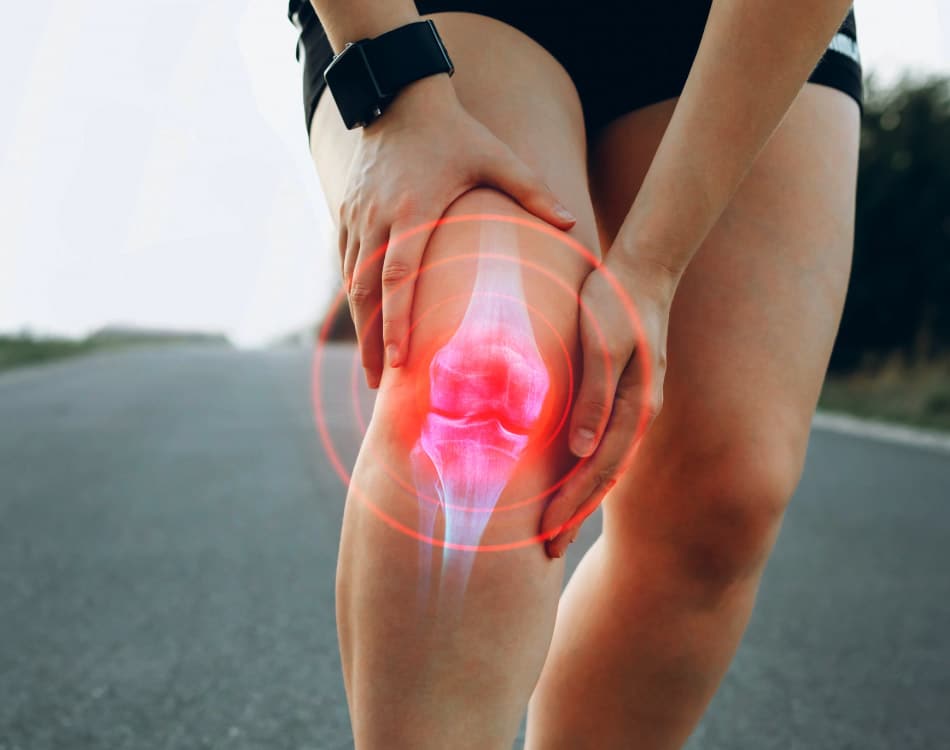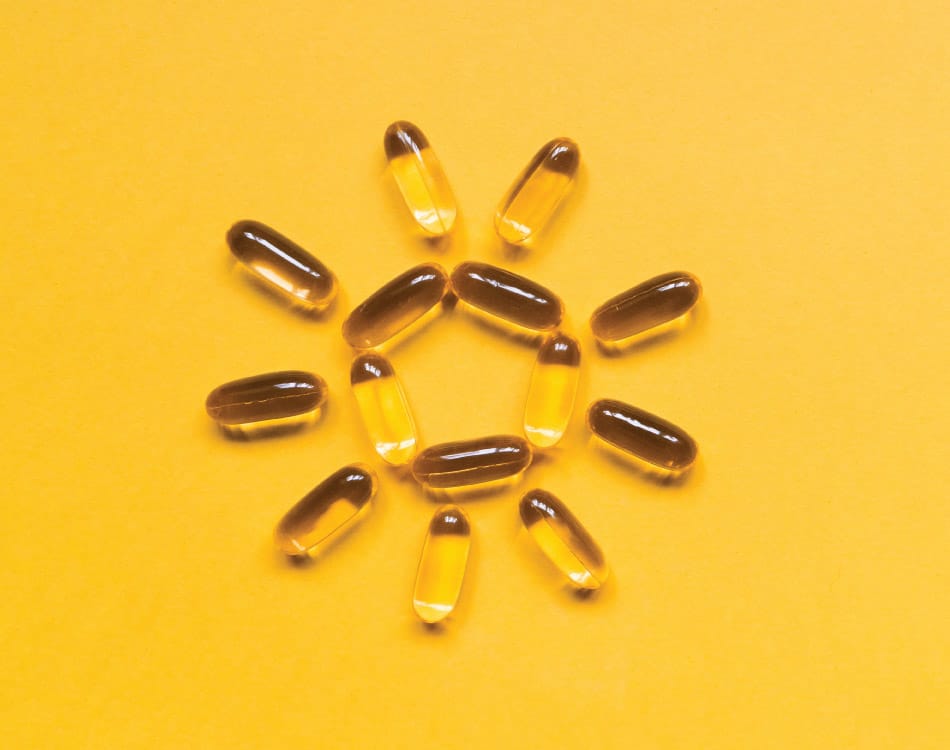Kidney stones, which are among the top 20 most painful medical conditions, may be avoided through a healthy diet and lifestyle and can be effectively treated by a urologist if addressed early.
Kidney stones are common, affecting about 10–15% of the population with a study showing that this is on the rise.
Kidney stones are a pain in the urethra
Stones develop when chemicals in the urine such as calcium or uric acid form crystals. When these crystals enter the ureter they are known as ureteral stones while the hard deposits that form in parts of the renal pelvis are called kidney stones, according to Dr Craig Mamitele from The Urology Hospital in Pretoria.
Some stones are as small as a grain of sand and pass through urine without detection; others may be as big as a golf ball and although seldom fatal, the agony experienced when they get stuck in the urinary system has sometimes been compared to the pain of childbirth.
Common causes of kidney stones
Mamitele says causes of kidney stones include genetics, a diet rich in animal protein, oxalate, sodium and sugar, not enough liquid intake (particularly water), health conditions such as gout, diabetes or obesity, and certain medication such as calcium supplements.
“Kidney stones may lead to kidney damage and urinary infections. Symptoms include excruciating pain in the lower back or side of the abdomen, pain when urinating or blood in the urine. If you experience any of these, consult a urologist immediately,” added Mamitele.
Treating kidney stones
He explained that there were various forms of treatment, including shockwave therapy to break down the stone or surgery to remove bigger stones.

